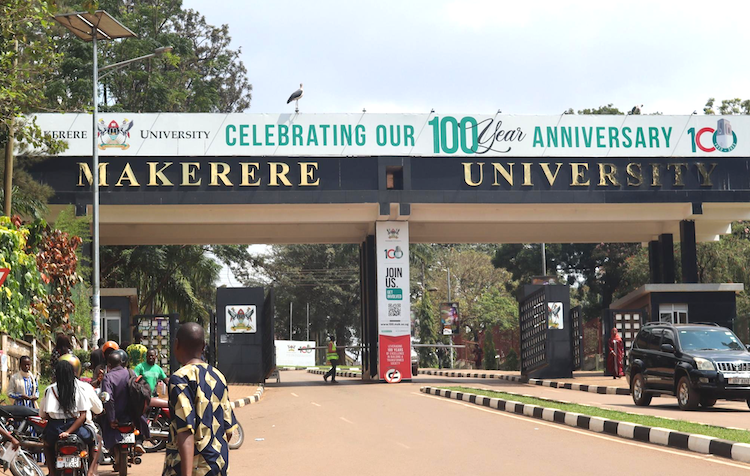Kampala, Uganda – With financial hardship being a leading cause of student dropout in Ugandan universities, education advocate Eriah Lule argues that academic institutions must adopt innovative, self-sustaining tuition-raising strategies to retain students starting with integrating hands-on, income-generating projects into campus life.
Recent data from the Africa Higher Education Student Survey (2016) shows that nearly 30% of university students in Uganda drop out or fail to complete their studies on time due to financial constraints. This is a crisis Lule knows personally. “My parents juggled loans to get me through university. Without that sacrifice, I would have joined the many who are forced to leave school too soon,” he reflects.
Universities themselves are also under pressure facing rising operational costs, declining funding, and the challenge of staying relevant in a competitive higher education landscape. Lule suggests that instead of borrowing unsustainable models from elite institutions abroad, local universities should explore practical solutions rooted in their own context.
One such approach involves incorporating student-led, hands-on production projects into university operations. Inspired by the "Do It Yourself" practices often found in secondary schools, students could be engaged in making essential campus items like toilet paper, chalk, soap, cleaning supplies, furniture, or even offering services such as landscaping and maintenance. Universities would then purchase these items from the students directly helping them offset their tuition fees.
Beyond the immediate financial relief, this model promotes experiential learning, where students apply classroom knowledge to real-world outcomes. This not only enhances understanding but also builds job-ready skills such as teamwork, problem-solving, and entrepreneurship qualities increasingly demanded in today’s workforce.
"Rather than relying solely on scholarships or fundraising drives, students gain dignity by earning their way through school while acquiring marketable skills,” Lule notes. He adds that such active learning environments boost student engagement, which in turn improves academic performance, retention, and satisfaction.
Additionally, these projects could attract partnerships with local industries, NGOs, and businesses looking to support innovation and community development. Such collaborations may open up new avenues for sponsorships, grants, and even internship pathways, thereby expanding the institution's network and resource base.
Lule argues that universities promoting practical, student-driven initiatives can stand out as innovators in education, attracting not only students but also funders looking for scalable impact. In an era where employability is a top priority, showcasing alumni success from such programs could reshape public perception around the value of higher education.
Ultimately, integrating hands-on projects as a tuition-raising strategy offers a triple win: universities reduce operating strain, students gain both financial support and practical experience, and communities benefit from more capable, empowered graduates.
“It’s a model that doesn’t just survive it thrives,” Lule concludes. “This is how we redefine the future of learning.”
